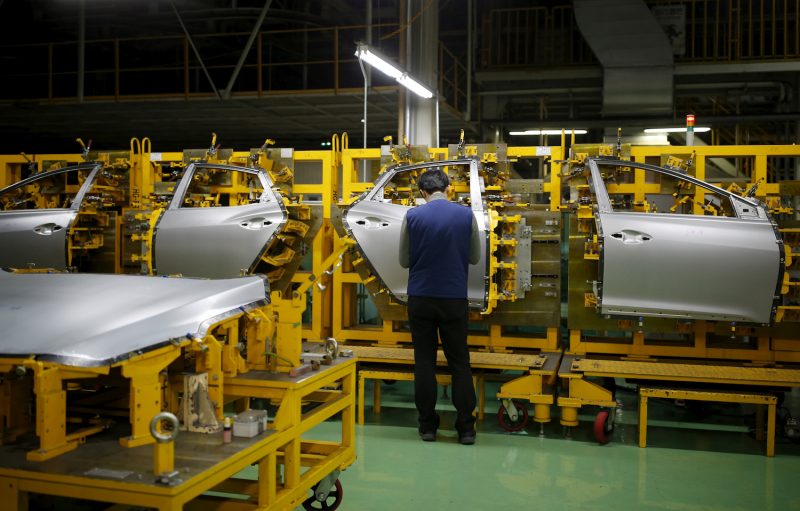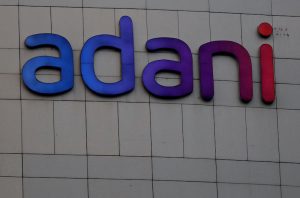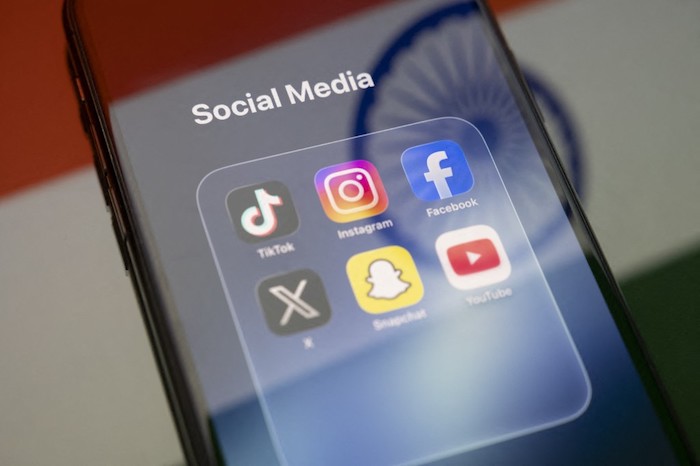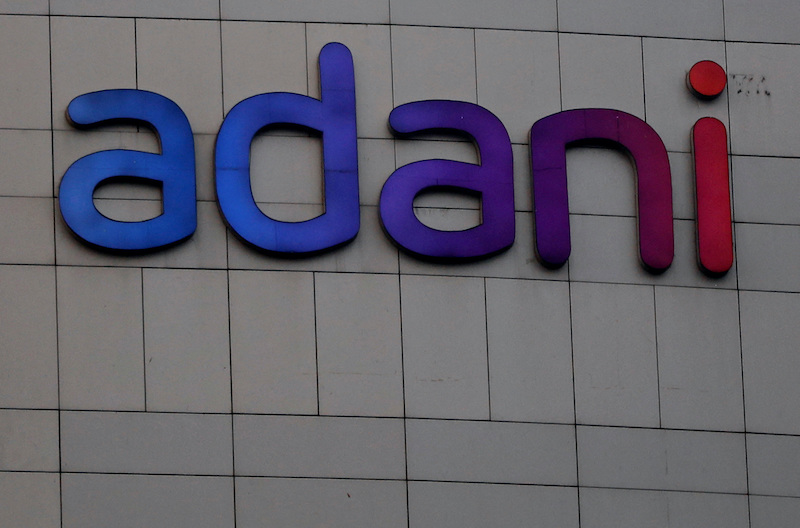Japan’s Mitsubishi Motors Corp sees hybrid models in Southeast Asia as a key part of its electrification strategy to stay competitive in the region, Chief Executive Takao Kato has announced.
While some South-east Asian governments are trying to promote full battery electric vehicles (EVs) as a way to cut CO2 emissions, Kato said conventional gasoline-electric vehicles and plug-in electric hybrids were “probably a more realistic a choice for the region for now”.
The Japanese automaker was expected to hold a ceremony in Thailand on Monday to officially start local production of a plug-in hybrid version of the Outlander sport-utility vehicle (SUV).
Read more: China to crank up tax collection in 2021
Mitsubishi decided to localise the Outlander’s production in part to take advantage of incentives for hybrid technology.
The use of gasoline-electric hybrid technologies to gradually replace pure gasoline-fuelled cars is an emerging trend in countries such as Japan and China.
Some automakers, however, appear to be focused on skipping hybrids and switching completely to “pure-electric” battery electric cars.
Mitsubishi intended to produce Outlander plug-ins in Thailand with key drivetrain systems and batteries shipped in from Japan, and planned to add more hybrid models to its line-ups in South-east Asia, Kato said.
TWO VERSIONS
The company has said it plans to sell some 3,000 plug-in Outlanders in Thailand a year. The plug-in comes in two versions, priced at 1.64 million baht ($55,000) and 1.75 million baht.
Aside from the plug-in Outlander, Mitsubishi will likely launch a conventional gasoline-electric hybrid version of the Xpander SUV for some Southeast Asian markets over the next few years, company officials said.
The gasoline-fueled Xpander car has been sold in the region since 2017, starting with Indonesia and later the Philippines, Thailand, Vietnam and Malaysia.
In the year ended March 2020, Mitsubishi sold about 290,000 vehicles in South-east Asia, with a majority of those in its four biggest markets of Thailand, Indonesia, the Philippines and Vietnam.
- Reuters
























